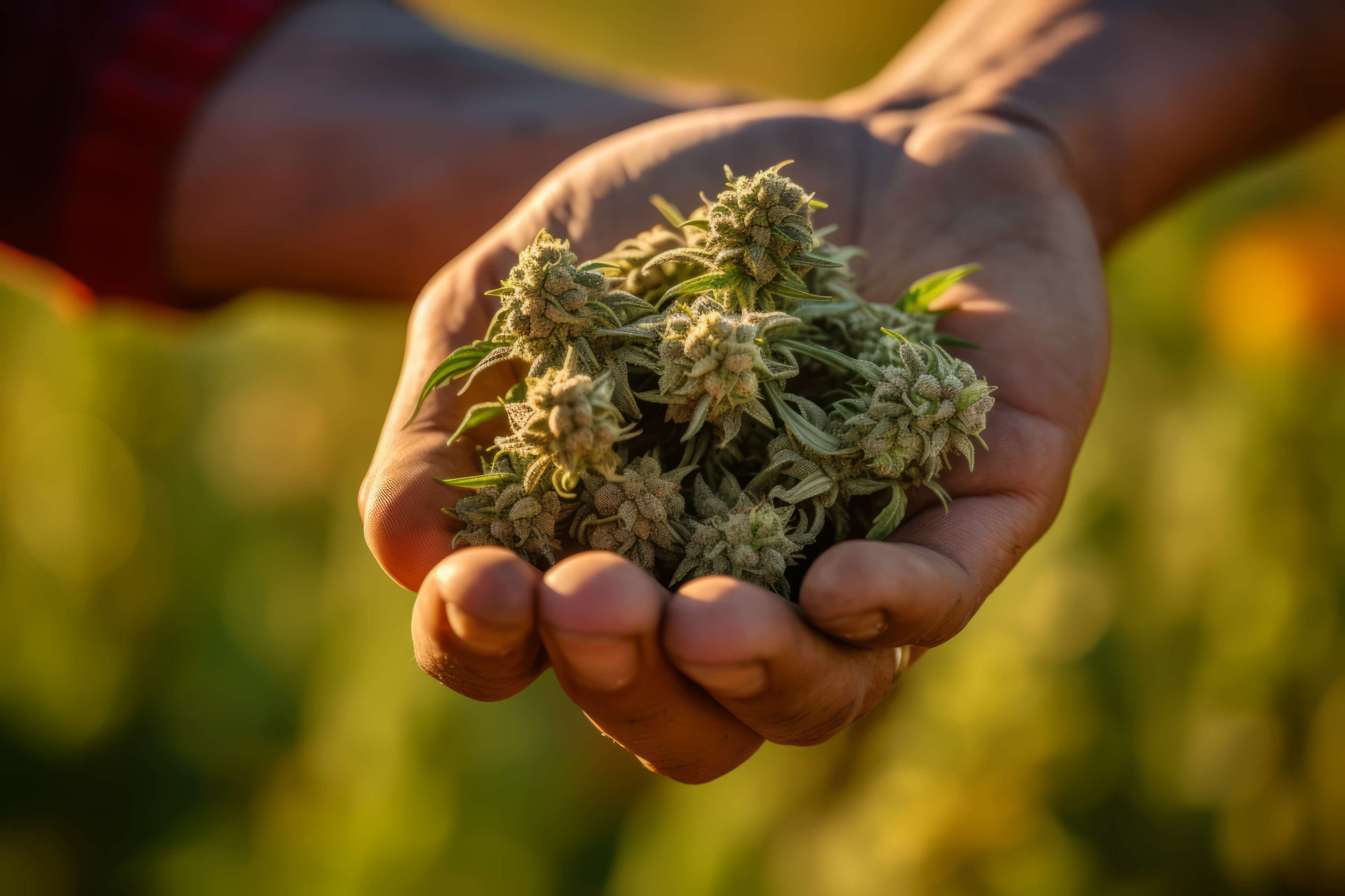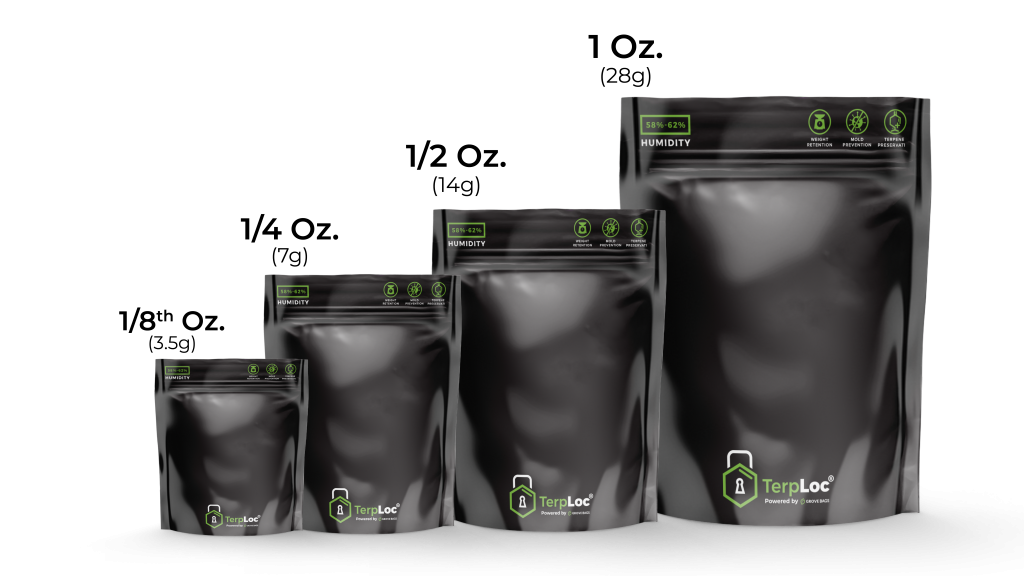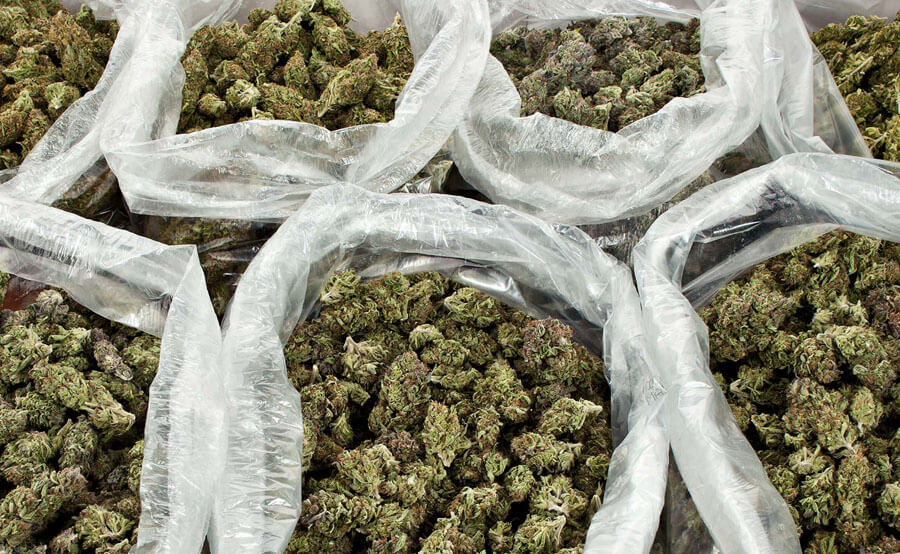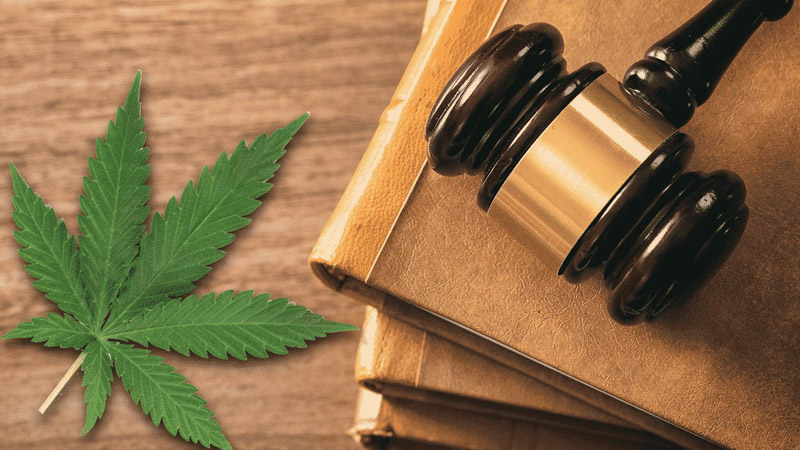The Art Of Measuring Weed Quantities

Table of Contents
In the evolving landscape of cannabis consumption, the art of measuring weed quantities has become an essential skill for both beginners and seasoned users. Understanding the various metrics, slang terms, and pricing factors associated with purchasing cannabis products is crucial in making informed decisions. This guide will delve into the intricacies of measuring weed quantities, from grams to pounds, providing valuable insights for consumers.
Understanding Cannabis Measurements

Weed quantities are typically measured using the metric system, while slang terms are commonly used in informal settings. Familiarizing oneself with official metrics and informal terminology is essential to navigate the purchasing process effectively. From grams to pounds, each unit of measurement offers a different quantity of cannabis for consumption.
Gram
- A gram of cannabis is ideal for sampling new strains or for light users.
- A gram typically costs less than $20 and is commonly called a dub sack or 20-sack.
- It can roll one joint or multiple smaller or one-hitters.
Eighth (⅛) Ounce
- Equal to approximately 3.5 grams, an eighth is popular for regular users.
- Prices for an eighth typically
range from $30 to $70, depending on quality and location.
- Can roll multiple joints or use in bowls or pipes for smoking.
Quarter (¼) Ounce
- A quarter ounce consists of about seven grams of cannabis.
- Commonly known as a dime bag or quad, it offers a significant quantity for regular users.
- Prices for a quarter may vary based on quality and seasonal factors.
Half (½) Ounce
- Half an ounce equates to around 14 grams of cannabis.
- Referred to as a half-O, half-zip, or half-lid, it provides a larger supply for moderate users.
- Costing between $90 to $160, purchasing in bulk can be cost-effective.
Ounce
- An ounce is approximately 28 grams of cannabis, offering a substantial supply.
- Commonly called the O, zip, or lid, it can last for several weeks depending on usage.
- Prices range from $160 to $350, making it a suitable option for bulk buyers.
Pound
- A pound of weed equals about 453 grams, typically purchased by growers or retailers.
- Legal limits for individual possession usually cap at one ounce in most states.
- A pound can amount to about 453 joints, making it a significant investment for commercial purposes.
Factors Affecting Pricing and Quality

- Prices for cannabis products vary based on factors such as location, quality, and source.
- Homegrown cannabis may offer higher quality but can differ in price compared to store-bought options.
- Legal dispensaries provide regulated products, while personal growers may offer more personalized options.
- Quality, THC concentration, and strain type can influence the cost of cannabis products.
Understanding Legal Limits

- Different states have varying regulations on the maximum amount of cannabis individuals can possess.
- It is essential to know legal limits to avoid potential legal consequences.
- Educating oneself on state-specific laws can prevent unintentional violations.
Where To Find The Best Quality Bags To Preserve Your Weed?
Grove Bags is the top choice for storing weed due to their innovative TerpLoc® Technology. This cutting-edge approach is tailored to the specific properties of the cannabis plant, ensuring that an ideal climate is maintained within each package. The expertly engineered layered film elements work harmoniously to preserve the precious terpenes and cannabinoids present in the weed, ultimately enhancing the product's overall flavor, aroma, and potency.
One of Grove Bags' standout features is the variety of sizes available, catering to all needs, from gram-sized pouches to larger bags capable of storing pounds of weed. This flexibility makes Grove Bags a versatile and convenient storage solution for casual users and commercial growers alike.
Weed Quantities - Conclusion
Measuring weed quantities is a fundamental aspect of the cannabis purchasing process, requiring an understanding of both metric and informal measurements. By familiarizing oneself with the various units of measurement, slang terms, and pricing factors, consumers can make informed decisions when buying cannabis products. Whether opting for a gram or a pound, knowing the quantity and associated costs ensures a satisfying and hassle-free purchasing experience in the evolving cannabis market.
Disclaimer: This article is intended for informational purposes only. It does not constitute medical or legal advice. Always consult with healthcare or legal professionals regarding cannabis use and regulations in your area.
